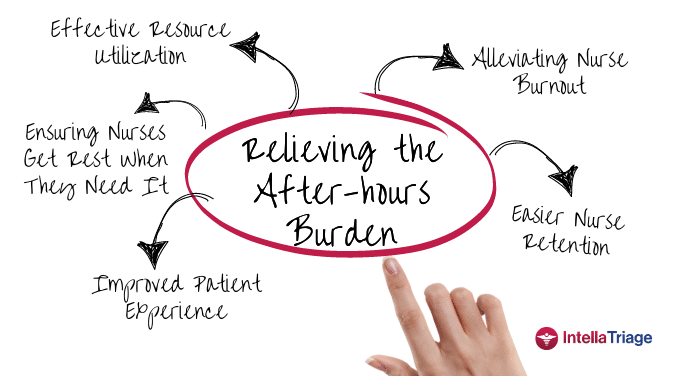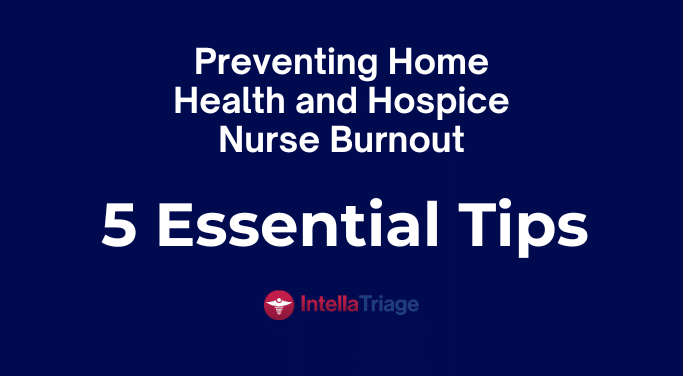Staffing considerations have been an ongoing issue for most nursing homes, home health providers, and hospice agencies in the US. As the COVID-19 pandemic continues throughout the country, the issues of vaccines and nursing shortages have created unexpected challenges. Staff retention can affect many areas of a facility’s operations, particularly as new vaccine guidelines for healthcare workers are being put into place.
Nursing Home Vaccine Guidelines: The Initial Mandate
In a statement made this August, the Centers for Medicare & Medicaid Services (CMS) and the Centers for Disease Control and Prevention (CDC) announced the advent of an emergency regulation concerning staff vaccinations. This mandate applied to more than 15,000 nursing homes participating in Medicare and Medicaid.
Recent statistics show that, to date:
- The national percent of vaccinated residents per facility is 83.6%
- The national percent of vaccinated staff per facility is 61.8%
In the CMS and CDC announcement, we learned that the government would require that all nursing home staff receive full vaccination. This created a buzz about retention concerns in an industry already plagued by this issue. Those who operate these facilities have begun to see nurses leave workplaces that determine that they must receive the vaccine.
Just weeks later, the government provided a mandate that will affect a wider population of practitioners.
Breaking News: All Healthcare Workers Must Be Vaccinated
On September 9th, the federal government handed down another vaccine requirement to employers nationwide. Officials will require all staff of Medicare and Medicaid-certified facilities to receive full vaccination against COVID-19. This updated mandate doesn’t just apply to nursing homes. It will include hospitals, ambulatory surgical settings, home health agencies, and dialysis facilities; it is likely that home medical equipment providers will also be required to receive the vaccine.
The presidents of the American Health Care Association, National Center for Assisted Living, and National Association for Home Care & Hospice have all weighed in on this development. These new vaccine guidelines may result in significant challenges for recruitment and retention specialists at hospitals, nursing homes, and home health agencies; all areas of healthcare now face the same staffing challenge that nursing homes encountered just weeks ago.
Nurse Retention and New Vaccine Guidelines
Experts have expressed concern that mandated vaccination may push some workers out of the healthcare field entirely – even though there is already a shortage of experienced, qualified nurses in America. Before the pandemic began, staff retention strategies were a challenge for nursing homes, hospice agencies, and home health providers in particular. Now, things have the potential to get worse.
The COVID-19 virus and the resulting vaccine mandates are contributing to a greater issue around staff retention. Shortages of staff in healthcare facilities can cause serious issues for residents who need the attention and support of Registered Nurses (RNs) and other professional healthcare staff.
Turnover rates have been particularly high in nursing homes for the past several years. The median staff turnover has been at a level just below 100%, according to a recent study. In 2017, the median turnover rate was 94% and in 2018 it was 128%. Among licensed nurses it was 114.1%, among certified nursing assistants it was 129.1%, and among registered nurses it was 140.7%. Even the best five-star facilities had a 76.7% turnover rate. These trends are reflected in other areas of care for elderly patients.
Benefits of Nurse Triage Services
A large part of the solution to nurse retention strategies in nursing homes and other healthcare facilities is alleviating the workload on the nursing staff. Using a nurse triage service like the one provided by IntellaTriage enables a facility to lighten the load on its professional staff (especially its RNs), save money, improve its patient experience, and provide a seamless service even with staffing changes.
The services provided by IntellaTriage are a vital solution in this time of uncertainty and transition. You can rest assured that our team will always be there for your patients, anytime of the day or night. We provide the highest quality services your organization needs and deserves, especially during the challenges of this pandemic and the new vaccine guidelines.
IntellaTriage is Your All-in-One Solution
At IntellaTriage, our registered nurses triage every call according to the appropriate protocols for your practice. We have more than a decade of experience providing nurse triage calls and our focus continues to be on providing the highest level of care for clients, no matter the time of day.
Our phone triage nurses, all Registered Nurses, provide sound medical advice for patients concerned about a healthcare issue and we integrate with our providers’ systems to ensure consistent care for those patients. Contact IntellaTriage today for more information about our essential phone triage services.
Contact Us for a Consultation
Ready to optimize your triage process? Reach out to us today for a consultation tailored to your needs. Let’s elevate your patient care together.
More From The Blog
Burnout among healthcare professionals, particularly nurses, is a persistent issue. The ongoing nursing shortage and the upcoming boom in the aging population have intensified this problem, adding urgency to hospice and home health organizations' efforts to find effective solutions. While traditional methods focus on workload and administrative burdens, innovative strategies address the root causes of [...]
In a recent milestone, IntellaTriage and CommonSpirit Health at Home (CSHaH) announced a significant integration between IntellaTriage’s IntellaHub and CSHaH's electronic medical records system, Homecare Homebase. This partnership underscores the importance of interoperability in healthcare, particularly in post-acute settings like hospice and home healthcare. Here are the top five reasons why interoperability is essential in [...]
Preventing nurse burnout can translate to improved nurse retention and improved patient outcomes. In home health and hospice care, nurses often face significant challenges that can lead to burnout. The constant juggling of patient needs, administrative tasks, and emotional stress can take a toll on even the most dedicated caregivers. However, prioritizing nurse wellness and [...]









